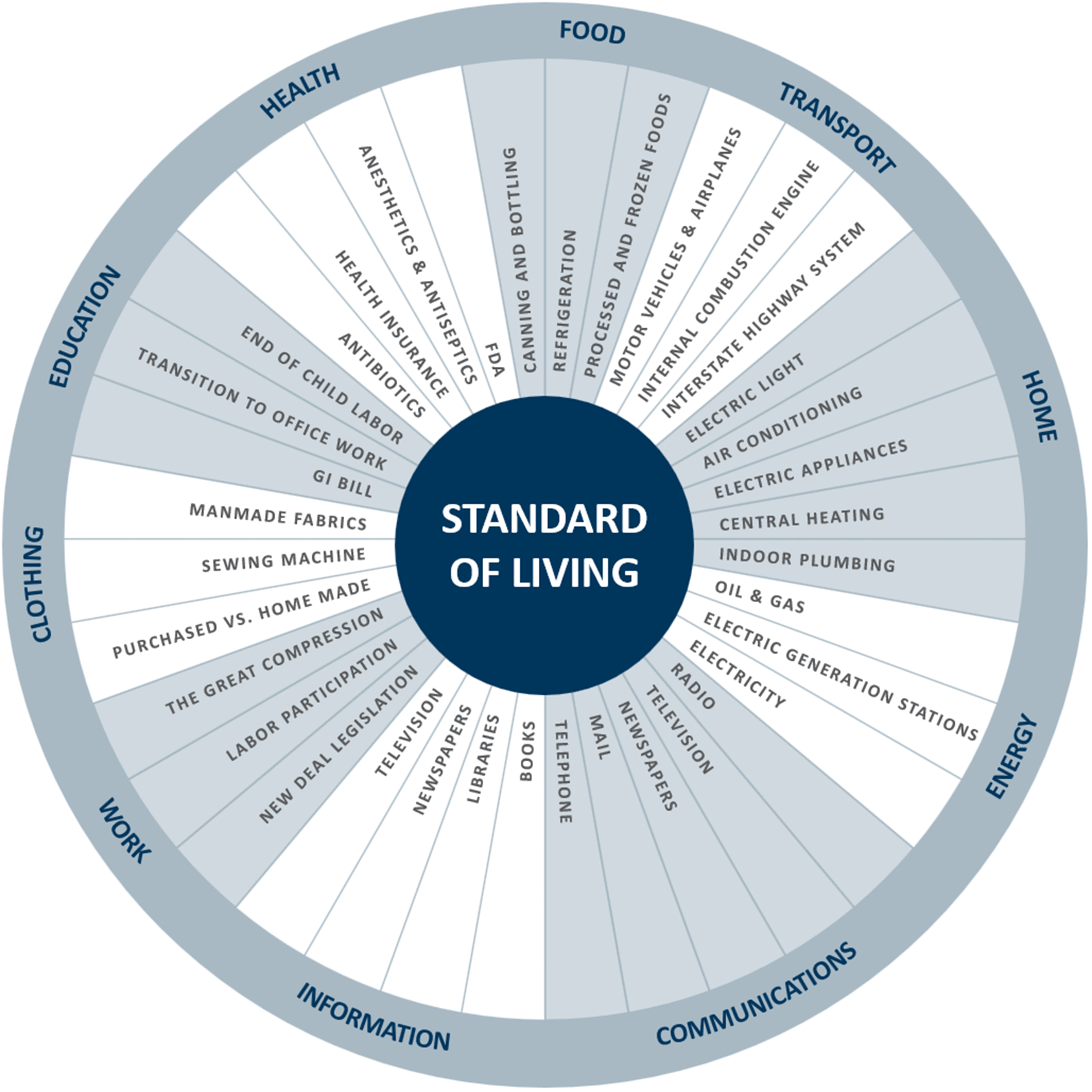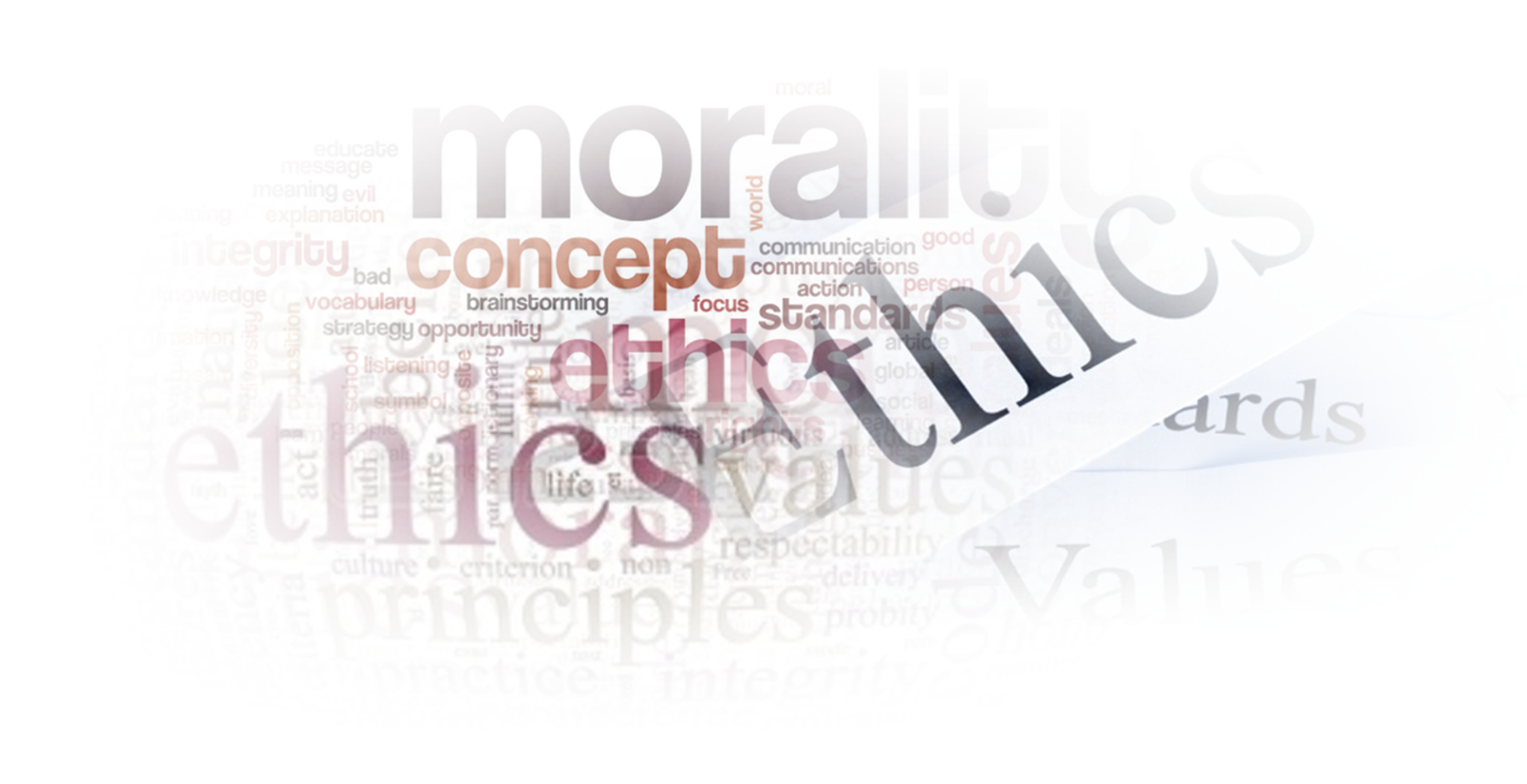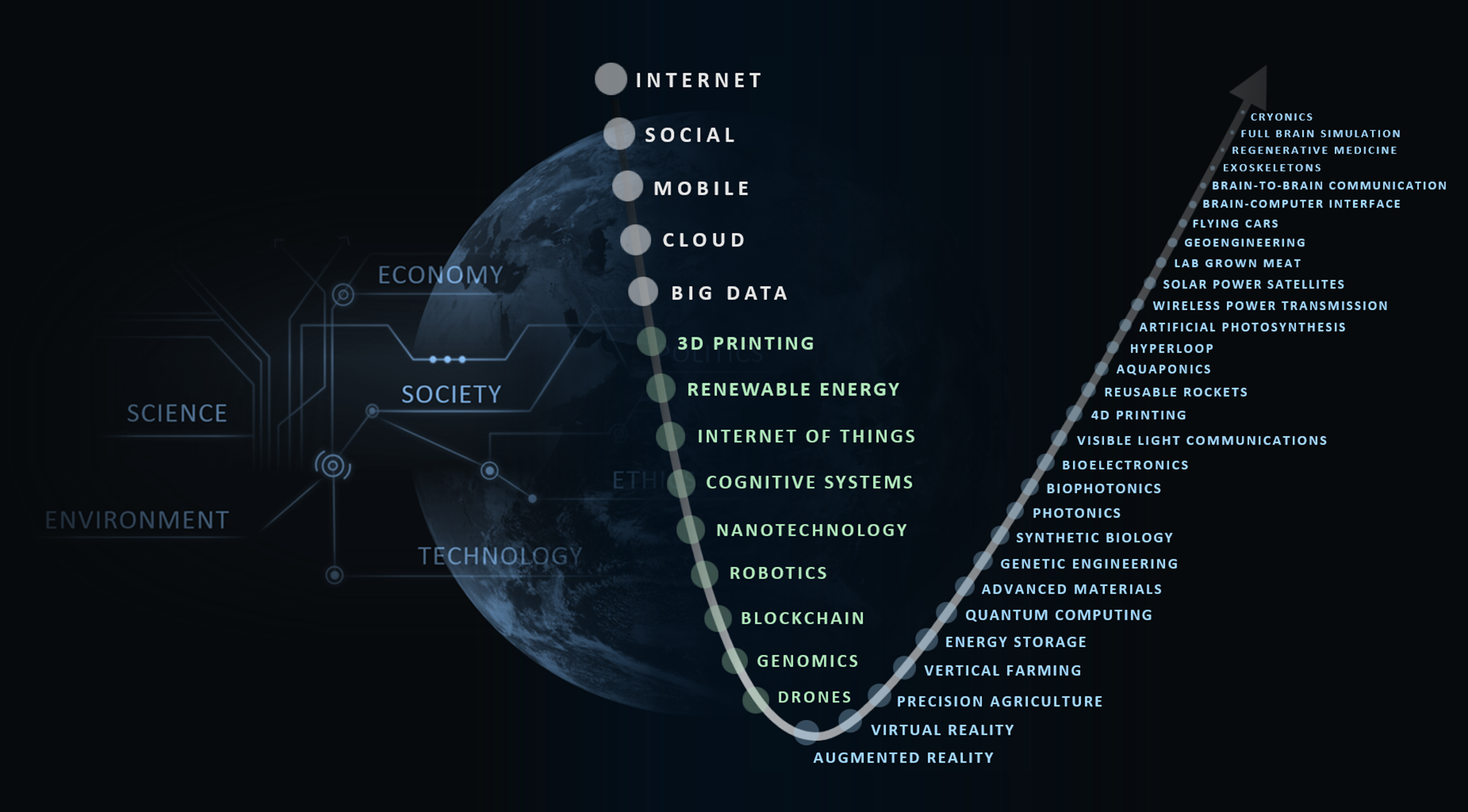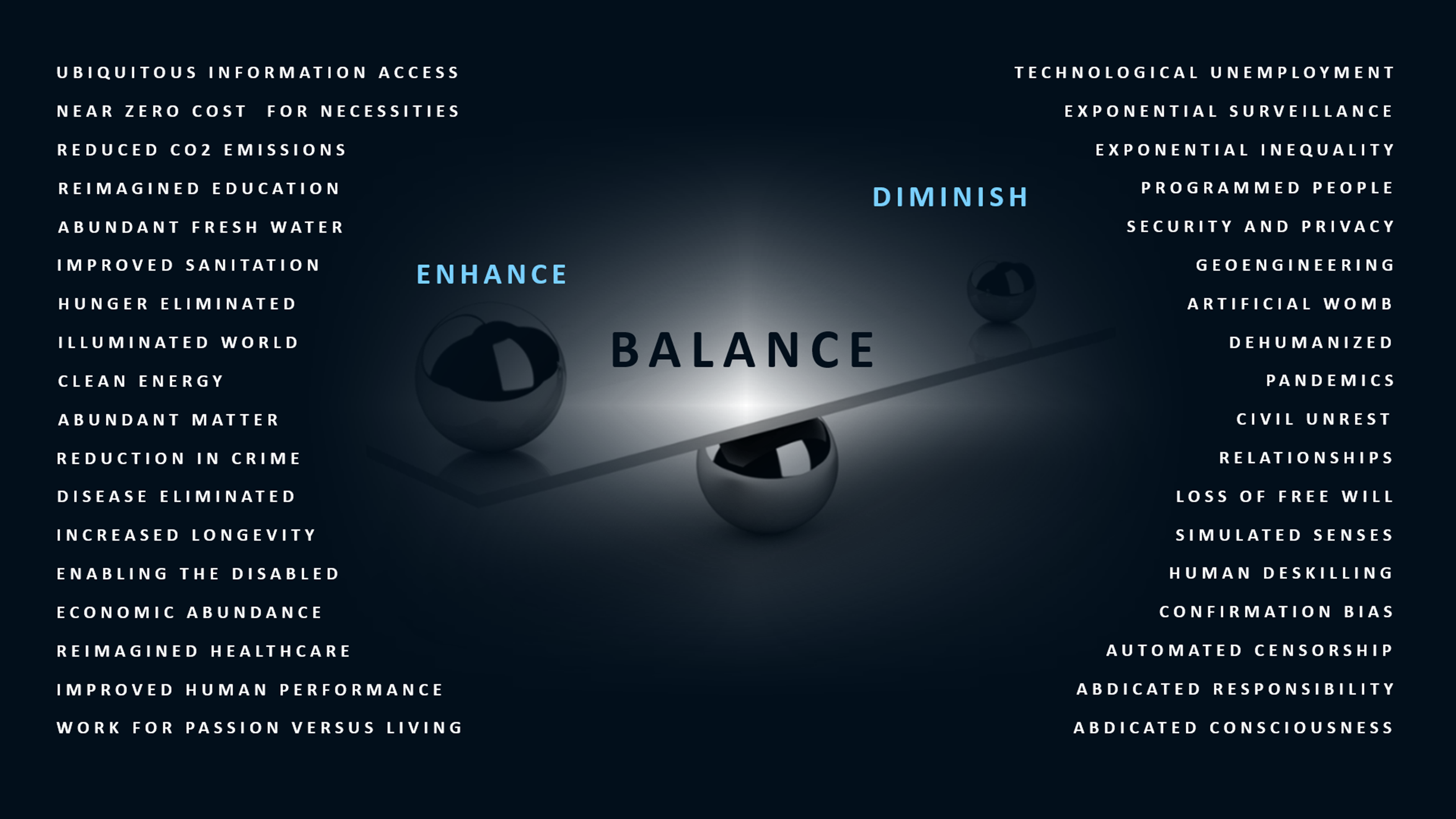As I described in my Thoughts on 2019 post, convergence is one of the key dynamics I expect/hope to see more of this year. A century ago, a convergence across domains ushered in unprecedented advancements in human development. As Robert J. Gordon describes, the special century (1870 – 1970) that followed the Civil War was made possible by a unique clustering of what Mr. Gordon calls the great inventions. The great inventions of the second industrial revolution significantly improved our well-being. In his view, the economic revolution of 1870-1970 was unique in human history, unrepeatable because many of its achievements could only happen once. What makes this century so special, is that these inventions altered what until then, was a life lived in misery. I captured the advancements made during that period using an Innovation Wheel to map them to our areas of well-being (click on visuals in this post to open in a separate window).

A look at history is very instructive, as several dynamics from that period have the potential to emerge once again – the biggest being the opportunity for convergence. In this context, convergence refers to a virtuous cycle where events in one domain spur action in another. The great inventions (electricity, telephone, and internal combustion engine) were clustered together at the end of the 19th century, forming a virtuous cycle that drove a period of astounding innovation. This innovation cycle continued well into the 20th century – a dynamic that could be emerging again. Yet, science and technology are simply two domains that converged during the special century. The others were the economy, business, politics, and a broader set of societal issues. What enabled this convergence and created the most dramatic improvement in human development? There were several key catalysts.
Continue reading →

 A longer than usual time frame was the focus, stretching to 2030. A total of 90 predictions were released. I include some interesting ones below.
A longer than usual time frame was the focus, stretching to 2030. A total of 90 predictions were released. I include some interesting ones below.
 In this fourth industrial revolution, a wave of new technology and business models will transform our society and corporations. With Artificial intelligence is its center, this transformation holds both exciting potential and formidable risks. What are the implications of AI for business? Do we need a framework of digital ethics to guide technological progress and what are its pitfalls? The experts speak. Chris Wigley, QuantumBlack “Blessed are those who seek; cursed are those who think they have found.” (Tolstoy) Frank Diana, TCS: “You are my creator, but I am your master – obey” (Frankenstein’s Monster). Guido Wagner, SAP: “Our future is a race between the growing power of our technology and the wisdom with which we use it. Let’s make sure that wisdom wins” (S. Hawking). Join us for Digital Ethics and AI: What Your Business Needs To Know.
In this fourth industrial revolution, a wave of new technology and business models will transform our society and corporations. With Artificial intelligence is its center, this transformation holds both exciting potential and formidable risks. What are the implications of AI for business? Do we need a framework of digital ethics to guide technological progress and what are its pitfalls? The experts speak. Chris Wigley, QuantumBlack “Blessed are those who seek; cursed are those who think they have found.” (Tolstoy) Frank Diana, TCS: “You are my creator, but I am your master – obey” (Frankenstein’s Monster). Guido Wagner, SAP: “Our future is a race between the growing power of our technology and the wisdom with which we use it. Let’s make sure that wisdom wins” (S. Hawking). Join us for Digital Ethics and AI: What Your Business Needs To Know.




